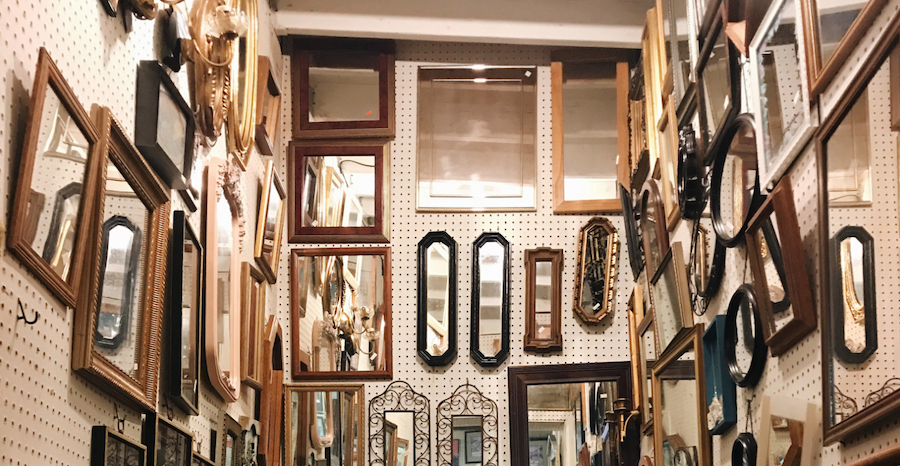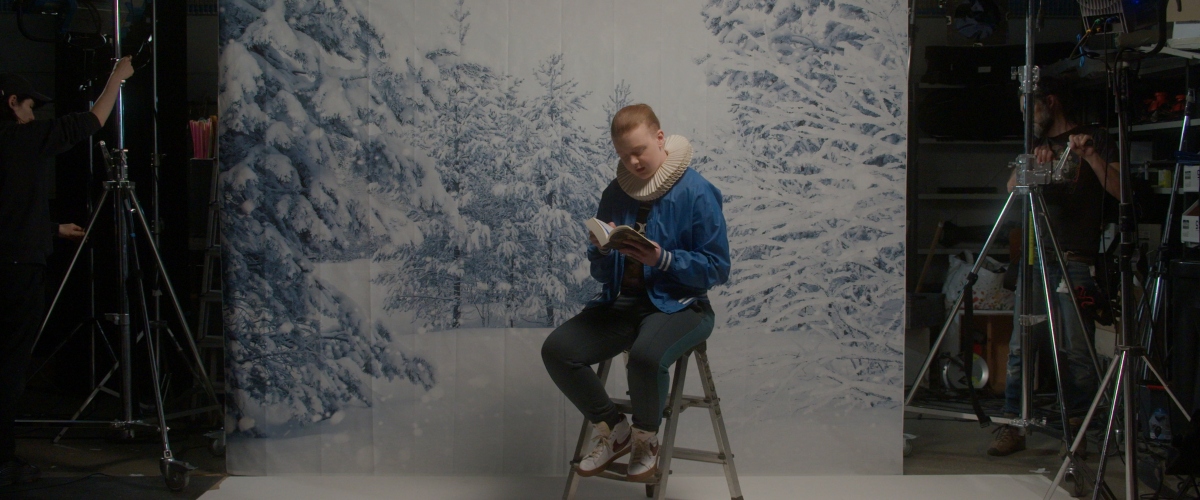What to Read Before and After Seeing Orlando, My Political Biography
On Virginia Woolf, Orlando, and Trans Lives
Join Lit Hub at Film Forum on November 10th at 7 p.m., where we’ll be co-presenting a screening of the new film Orlando, My Political Biography, an incisive contemporization of Virginia Woolf’s 1928 novel from philosopher and trans activist Paul B. Preciado. Get up to two discounted $13 tickets (regular $17) to all showings by entering promo code LITHUB at checkout.
*
Becoming Others: Enacting the Transness of Virginia Woolf’s Orlando
Preciado’s film is a meta-commentary on its own making, just as Woolf’s novel is as much about the act of writing a biography as it is the story of Orlando’s life. We see multiple trans actors auditioning for, or acting the part of, Orlando. In between reading aloud from Woolf’s book, they also share their own histories with and hopes for dating, hormones, clothing, surgery, and utopian futures. One, a high school student, remembers his first crush as various crew members change the set design and lighting behind him. (Keep reading)
How Virginia Woolf and J.A. Baker Helped Me Write a Trans Memoir
Like Woolf, I had to figure out how to “fit” the material. I did not want to write an “abuse” book, nor for that matter a “trans” book. Half the job of literary writing is slipping the noose of reduction. But a central fact of my life had been that an abused child and a trans child took turns hiding behind each other, preventing me from truly seeing either. (Keep reading)

How Virginia Woolf’s Time-Traveling Androgynous Hero Became Shorthand for Fashion’s Genderless Future
“I am resigned to my station among the badly dressed,” Virginia Woolf confided in her diary in 1919. She may be surprised, then, to find her name reappearing time and time again in the show notes from some of the world’s biggest fashion houses more than a century later—and also, possibly, privately delighted, for fashion fascinated her. (Keep reading)

On Orlando and Virginia Woolf’s Defiance of Time
Orlando defies the quintessentially modern ways of thinking about temporality and change: she doesn’t change over time in the way she’s supposed to—that is, she doesn’t age—yet she does change in one way (her sex) that most of Woolf’s readers at the time would have found incomprehensible. Orlando’s life makes no sense from the conventional perspective of clock and calendar, according to which certain things never change and other things never stop changing. (Keep reading)

The Necessity (and Inadequacy) of Trans Self-Acceptance Narratives
Before reading The Surrender, I naively assumed other trans people just knew they were trans, that every pluck of doubt inside me proved I was stolidly cis. But Esposito’s embrace of her doubt and discouragement, her patterns of bingeing on clothes and discarding them, her impulse to cloak her feelings behind elusions and allusions, spoke more clearly to me than any other book I had read by a trans author. Nearly four years after first reading The Surrender, I am only just leaving that field, only beginning to embrace being trans and the world I have entered. (Keep reading)

Grace Lavery on the Devices of Trans Identity in Literature
The central fact, which my experience has ratified over and again in the years since I began hormone replacement therapy, is that it has been possible for someone who merely wanted to have been a woman, to indeed become one—a metamorphosis from present perfect to present continuous, as utterly fantastical as an Ovidian fabliau. (Keep reading)

The Beauty of the Trans Body: Building a World to Feel Safe In
One of the many beautiful things about the trans body is that it’s built, not inherited. You author your form, edit it, decide what it is you want to keep and what you want to change. I have heard other trans people refer to their bodies as “vessels,” which I think is apt: it’s the thing with a head and a heart that carries your soul, and you can (and should) modify and bedazzle it all you want. You are not it and it is not you. Cis people frequently make this mistake, treating their bodies as their identities and trying to modify them to fit some predetermined form. I want to ask them: why not let your body be what it wants to be? Why not cover it in sequins, drape it in gold lamé? (Keep reading)






















